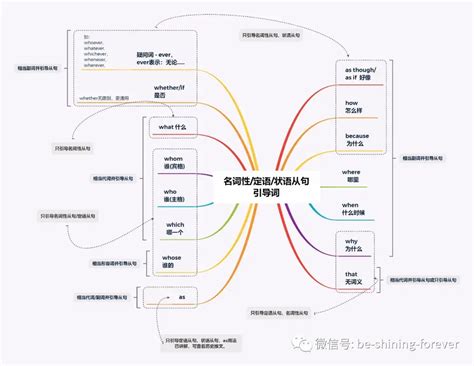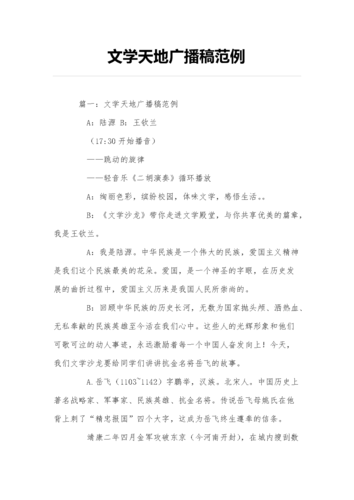文学理论的英语
Title: Expressing Literary Theory in English
Introduction:
Literary theory encompasses a wide range of ideas and approaches that help analyze and interpret works of literature. Expressing literary theory in English involves understanding key terms and concepts, as well as effectively conveying them in a clear and concise manner. In this article, we will explore various literary theories and provide guidance on how to articulate them in English.

1. Formalism:
Formalism focuses on the formal elements of literature, such as structure, style, and language. When discussing formalism in English, it is essential to use terms like "structure," "narrative technique," "rhyme scheme," and "symbolism" to analyze literary works. For example, one could say, "The intricate narrative technique employed by the author enhances the overall structure of the novel, reinforcing its thematic elements."
2. Structuralism:
Structuralism examines how language and signs create meaning within literary texts. When explaining structuralist concepts in English, key terms like "binary oppositions," "semiotics," "signifiers," and "signifieds" should be utilized. An example of expressing structuralism in English could be: "The binary opposition between the protagonist and antagonist serves as a signifier of the larger societal conflict conveyed in the novel."
3. Poststructuralism:
Poststructuralism challenges the notion of fixed meanings and emphasizes the instability of language and interpretations. When discussing poststructuralism, important terms to employ include "deconstruction," "polysemy," "intertextuality," and "unreliable narrator." For instance, one could state, "Through the deconstruction of established meanings, the author challenges readers to engage with the text's polysemous nature, inviting multiple interpretations."
4. Feminist Theory:
Feminist theory examines gender roles and power dynamics within literature. When expressing feminist theory, terms like "patriarchy," "gender performativity," "intersectionality," and "the male gaze" should be used. For example, one could explain, "The author employs the concept of gender performativity to highlight the societal expectations placed upon female characters, exposing the underlying patriarchal structure within the text."
5. Psychoanalytic Criticism:
Psychoanalytic criticism focuses on the unconscious motivations and desires of characters and explores how they shape the narrative. When discussing psychoanalytic concepts in English, it is important to use terms like "Oedipus complex," "sublimation," "repression," and "psyche." For instance, one could state, "The protagonist's subconscious desires, manifested through the Oedipus complex, drive the narrative's central conflicts."
Conclusion:
Expressing literary theory in English requires a solid understanding of key terms and concepts. By employing the appropriate vocabulary and explanatory clarity, one can effectively convey complex ideas from different literary theories. Remember to tailor your language to fit the specific theory you are discussing and provide concrete examples from the text to support your analysis. Keep practicing and exploring various literary theories to enhance your proficiency in expressing them in English.









